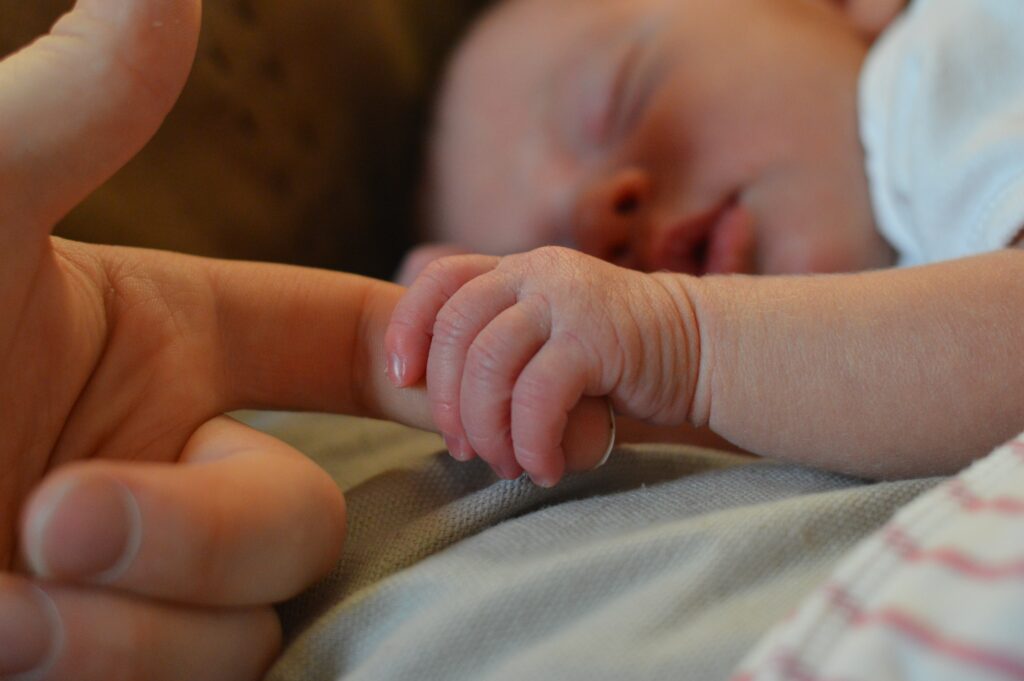Having a baby puts a monumental amount of stress on the body and in the period after the birth you are likely to experience a whole host of emotions. A certain amount of ‘baby blues’ is considered normal after birth but for some new mothers, (approximately 1 in 7), this feeling can become more severe turning into something known as postpartum depression.
Signs and symptoms of postpartum depression can vary from mother to mother but generally include feeling an intense feeling of sadness, struggling to bond with your baby, fatigue, feelings of hopelessness and thoughts of self-harm. If you experience any of these symptoms, or any others that you feel could be postnatal depression then here are 6 ways to cope.
- Call your doctor
The very first thingy you should do if you think you have symptoms of postnatal depression is to call your doctor, who will be able to discuss treatment options with you. Your doctor may suggest a combination of the lifestyle factors also mentioned in this post or they may recommend medication or a visit to a depression retreat treatment center. - Try to exercise
Exercise may feel like the very last thing you want to do right now but try to force yourself to do it anyway. Even walking with your baby in their stroller can help to release mood-boosting hormones called endorphins that can help to make you feel happier and walking outside in the fresh air is also proven to significantly help with depression. - Eat a balanced diet
Although healthy eating isn’t going to cure your postpartum depression it may help to give you more energy and will ensure that you are receiving all the nutrients you need. Try to stick to whole foods rather than eating processed meals and to save you time in the kitchen plan ahead or work with your partner to batch cook healthy meals for the week ahead. - Take a look at your breastfeeding
Fed is best and breastfeeding isn’t for every mum but some studies have found that breastfeeding your baby could reduce your chances of experiencing postpartum depression. On the opposite end of the spectrum, some women feel worse when breastfeeding and develop a condition called Dysmorphic Milk Ejection Reflex, so take a look at how you feel when breastfeeding and try switching things up a bit to see if it helps. - Try talking therapy
Having a baby can be isolating and you may find that you go days without speaking to anyone or leaving the house, this is not good for your mental health and could make you feel much worse. Talking is a great form of therapy and allows you to express your feelings and can help to shift your mood. Try talking with your partner, friends or relatives or if you’d rather, then contact a professional such as a counselor. - Don’t beat yourself up
Finally, don’t beat yourself up, having a baby is hard work and your body has been through a lot. Allow yourself time to heal both physically and mentally, take the rest you need and don’t be afraid to reach out and ask for help. These feelings will pass.

